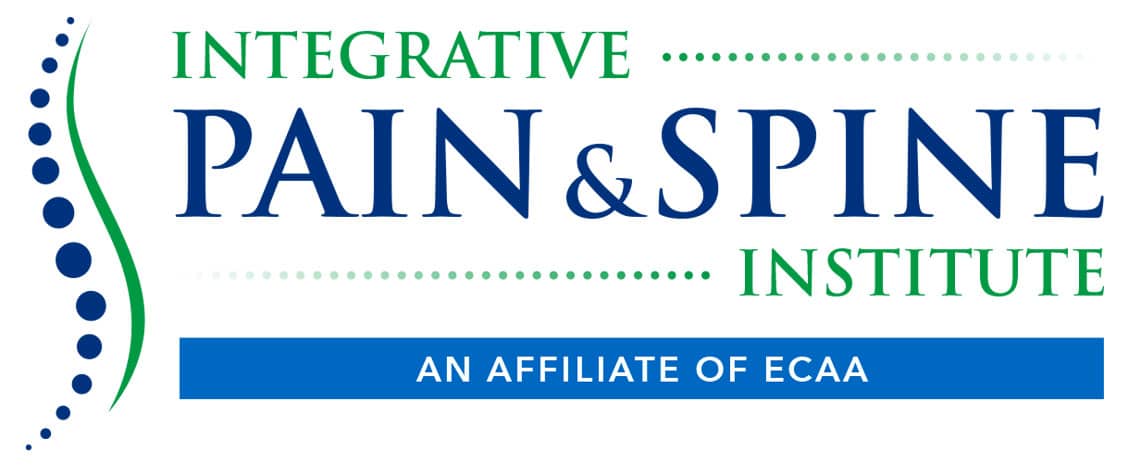Post-herpetic neuralgia (PHN) is a persistent and often debilitating neuropathic pain that arises as a complication of shingles, a viral infection caused by the varicella-zoster virus (VZV).
While shingles itself typically resolves within a few weeks, PHN can linger for months or even years, significantly impacting the quality of life for those affected. The pain is typically confined to an area of the skin innervated by a single sensory nerve called a dermatome. It typically develops in individuals who have had shingles and occurs due to nerve damage or irritation caused by the VZV during the acute phase of the infection. While not everyone who has had shingles will develop PHN, advanced age, a weakened immune system, and severe initial symptoms of shingles increase the risk.
What are the symptoms of Post-Herpetic Neuralgia?
The primary symptom of PHN is persistent pain in the area where the shingles rash occurred. This pain can vary widely in intensity, ranging from mild discomfort to excruciating and debilitating.
Other common symptoms may include:
- Burning sensation: Many individuals with PHN describe the pain as burning, stabbing, or shooting.
- Hypersensitivity: The affected area may become extremely sensitive to touch, temperature changes, or even light pressure.
- Itching or numbness: Some individuals may experience itching or numbness in the affected area along with the pain.
- Muscle weakness: In severe cases, muscle weakness or paralysis may occur if the nerves responsible for muscle control are affected.
What are the treatment options for Post-Herpetic Neuralgia?
While post-herpetic neuralgia can be challenging to treat, several options are available to help manage symptoms and improve quality of life:
- Medications:
- Antidepressants: Tricyclic antidepressants such as amitriptyline and nortriptyline can help relieve nerve pain associated with PHN.
- Anticonvulsants: Drugs like gabapentin and pregabalin are often prescribed to control nerve-related pain.
- Topical treatments: Lidocaine patches or capsaicin cream applied directly to the affected area can provide temporary relief from pain.
- Opioids: In severe cases where other treatments have failed, opioids may be prescribed cautiously to manage pain. However, due to the risk of addiction and other side effects, they are typically used as a last resort.
- Nerve blocks: Injections of local anesthetics or steroids into the affected nerves can temporarily block pain signals and provide relief.
- Transcutaneous electrical nerve stimulation (TENS): This therapy involves applying mild electrical currents to the skin, which can help reduce pain by interfering with the transmission of pain signals.
- Physical therapy: Techniques such as massage, stretching, and gentle exercises can help improve flexibility, reduce muscle tension, and alleviate pain.
- Complementary and alternative therapies: Acupuncture, meditation, and relaxation techniques may offer some relief for individuals with PHN, although more research is needed to determine their effectiveness.
- Interventions: Often times, an epidural injection or trigger point injections can provide significant and immediately relief. There are several cases that have benefitted from Spinal Cord Stimulation in severe instances.
- Lifestyle modifications: Managing stress, maintaining a healthy diet, getting regular exercise, and avoiding triggers that exacerbate pain can all contribute to better management of PHN symptoms.
Post-herpetic neuralgia can significantly impact the lives of those affected, causing persistent pain and discomfort long after the initial shingles infection has resolved. However, with a combination of medications, therapies, and lifestyle modifications, many individuals can find relief from their symptoms and improve their quality of life.
It’s essential for individuals experiencing chronic pain following shingles to consult with healthcare professionals to determine the most appropriate treatment plan for their specific needs. If you have questions regarding treatment options for postherpetic neuralgia, please reach out to our office at 704-317-1440.
